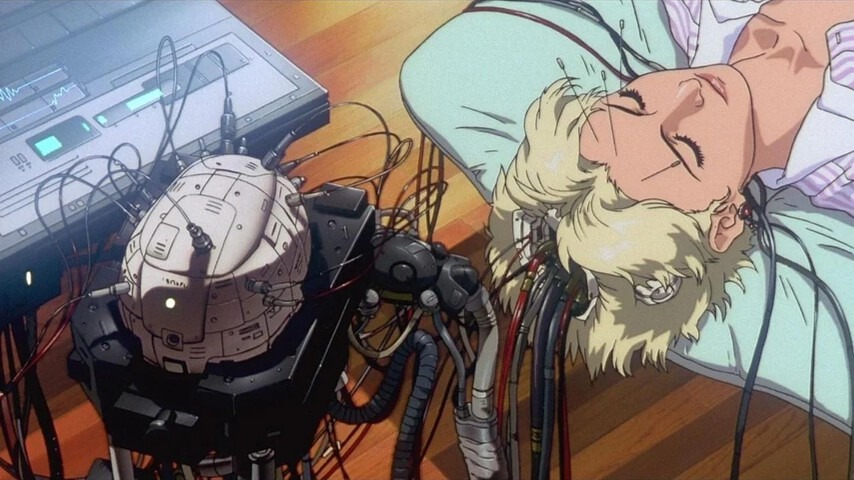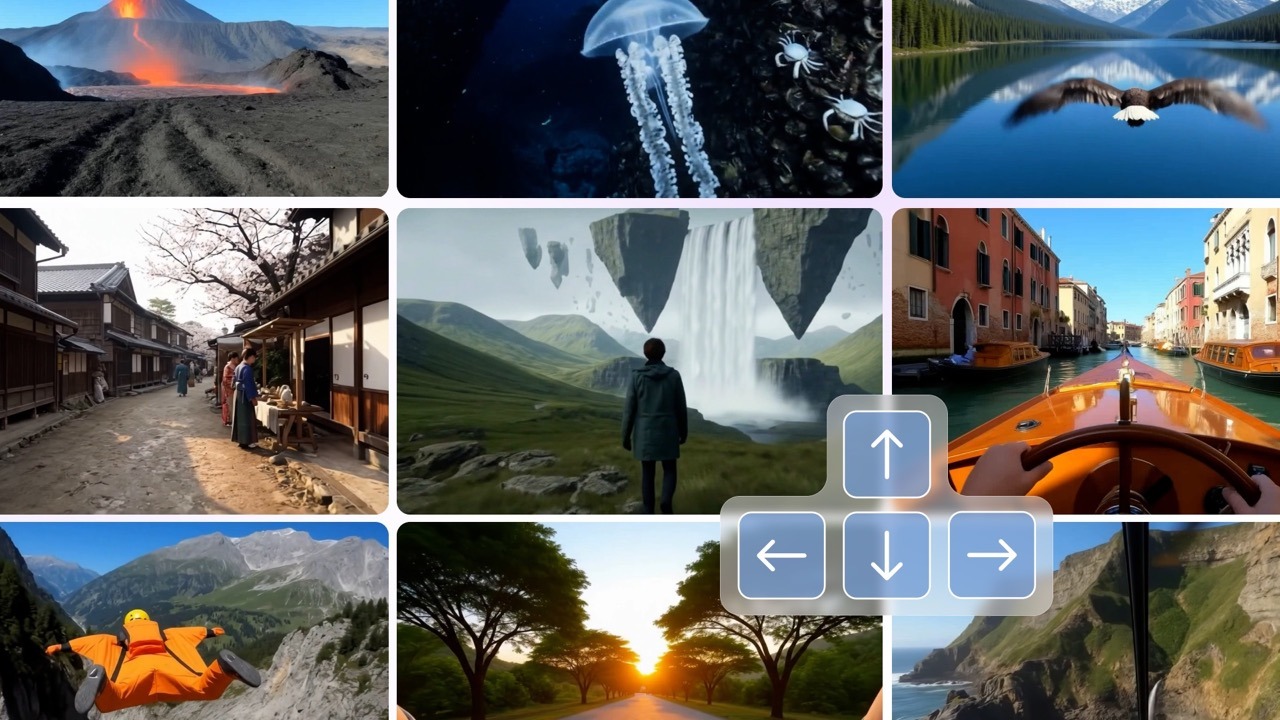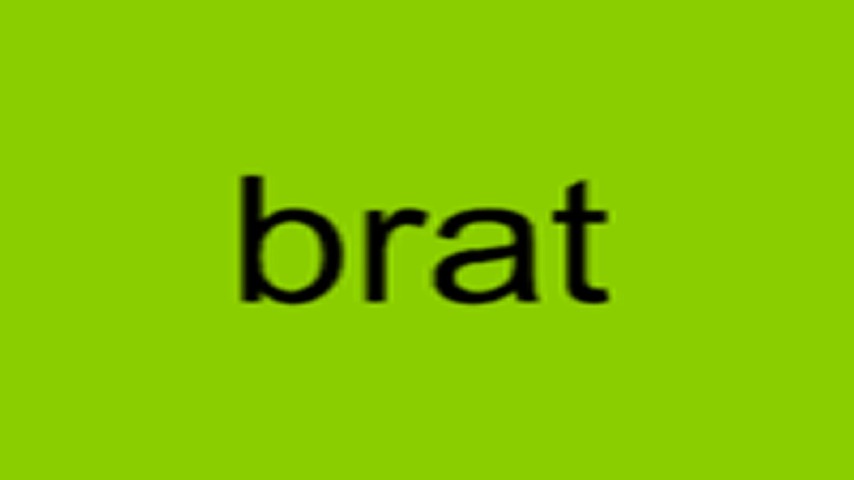It's likely that many of you are familiar with OpenAI's astonishing text-to-video AI tool, "Sora," which has been making waves since its debut last month. Sora has been the center of controversy, sparking debates within the AI community about whether it truly understands the laws of the world. It has even left Hollywood stunned, with reports of film studios putting investments on hold as a result of the potential for movie-generating AI. For the general public, the burning question remains: when will this cool generative AI tool be available for everyone to try?
Before we could get an answer, Bloomberg broke the news that OpenAI is actively engaging with Hollywood production companies, film studios, and talent agencies. What's OpenAI's plan? They intend to enter the film industry with Sora, positioning it as a creator AI. The report reveals that "a few A-list directors and actors have already been given access." Could it be that Sora won't follow the precedent set by DALL·E 2 or Midjourney, which allowed everyone to dabble in painting and design, but instead be marketed strictly to film professionals?

This short film “Air Head” is quite intriguing. (Source: OpenAI)
OpenAI's official blog post "Sora: First Impressions" seems to confirm Bloomberg report. OpenAI has indeed started collaborating with professional film studios, inviting them to 'playtest' Sora by creating AI generated film content, similar to how Apple invites professionals to shoot with the iPhone. "We have gained valuable feedback from the creative community, helping us to improve our model," the blog post states. The first batch of AI-generated films made with Sora features seven short films by seven different studios/artists. Those interested can check out these AI films on the OpenAI blog.
What I find more intriguing is the feedback from these professionals. Their insights into Sora's capabilities and the potential impact are quite revealing.
Using Sora as an Inspiration
Feedback from various visual creators and artists suggests that using Sora to stimulate inspiration and engage in 'brainstorming' sessions is highly beneficial. For instance, Nik Kleverov, the Creative Director at Native Foreign, believes that Sora can "visualize concepts and rapidly iterate on creative for brand partners." He shares that "I’m one of those creatives that thinks in motion, so when I’m in Sora it really feels like I can bring any idea to life."
Other artists also unanimously mention that Sora can indeed fit into their workflow, especially in visualizing 'imagination into reality,' significantly lowering the technical barrier. For example, artist Alexander Reben, who is currently passionate about converting flat videos into 3D models using AI, has also attempted to turn AI creations into physical 3D sculptures. He explains, "My experience of using Sora was as a starting point to develop 3D sculpture."
Utilize Sora's 'hallucinations' as an Imagination
Interestingly, despite discussing the limitations of Sora in the article on whether "AI can understand physics," the issue of 'AI hallucinations' in Transformer models doesn't necessarily seem to be a drawback-- at least not for creators, who actually tend to see it as an advantage. The Toronto team Shy Kids created the short film "Air Head", arguably the most intriguing of the seven shorts. They state, "as great as Sora is at generating things that appear real, what excites us is its ability to make things that are totally surreal. A new era of abstract expressionism."
Additionally, music video director Paul Trillo's short film themed around the Voyager Golden Record sent into space is also quite fascinating. He notes, “Sora is at its most powerful when you’re not replicating the old but bringing to life new and impossible ideas we would have otherwise never had the opportunity to see.” Don Allen III, who has worked at DreamWorks Animation, also views Sora's 'weirdness' as its greatest strength: “It’s not bound by traditional laws of physics or conventions of thought.”

No genetic experiments needed to create a chimera. (Source: OpenAI)
This wave of Sora videos showcases how professional filmmakers might use AI tools. It's undeniable that Sora's 'realistic yet illogical' eerie charm, which resembles the feeling of dreams, might just be the essence of AI's allure. According to an interview with OpenAI CTO Mira Murati by The Wall Street Journal, Sora is expected to be available to the public by the end of 2024.
Let's make a prediction: by that time, there will surely be a multitude of people writing lyrics with ChatGPT, composing music with Suno, and shooting music videos with Sora. Will we quickly grow tired of this 'surreal dreamlike style'? Only time will tell.





